The data provided by Recoup, whose members include major producers such as Aldi, Co-Op and McDonald’s, show that exports of plastic waste sent for recycling from England have increased by more than 10% between 2022 and 2023 to just over 600,000 tonnes.
Of this, Recoup said more than 25% was sent to Turkey, 25,000 tonnes more than in 2022. This also means that just short of 1 million tonnes of plastic has been sent to Turkey for recycling since 2017.
The next largest destination, Germany, received just under 10%, whilst material sent to Asia, overall, increased from around 9% in 2022, to almost 20% in 2023.
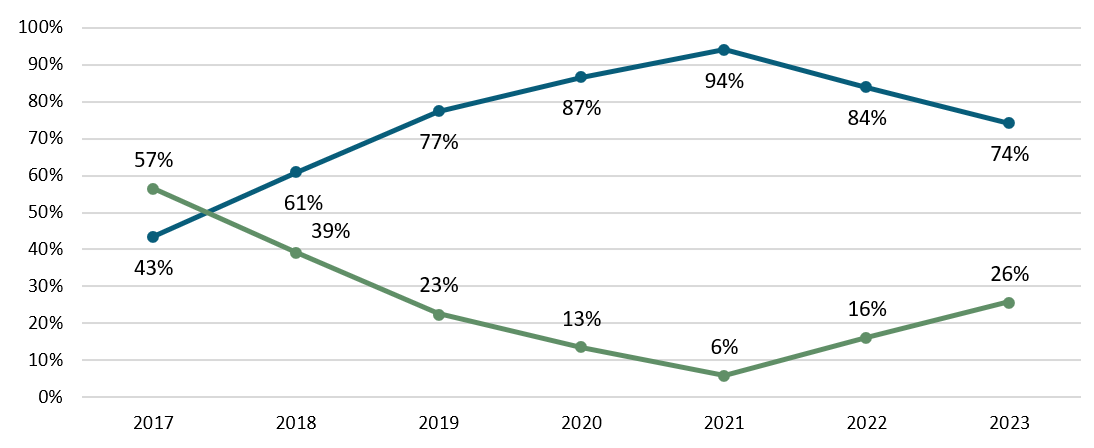
Resilience
The charity said: “Whilst discussions take place around a ban on export to non-OECD countries, these figures show the market’s resilience and flexibility at a time when recycled plastic demand was at a low across Europe, not least in part due to low virgin oil prices and high virgin plastic production, particularly outside of Europe.
“As such, this material exported for recycling would likely have otherwise gone to landfill or incineration.”
OECD
The OECD is made up of 38 countries and is often used as a synonym for high-income or ‘developed’ countries, Recoup explained.
The data for 2023 shows that more than 26% of plastic exports were sent to non-OECD or developing countries.
This is “significantly more than the 16% in 2022, and 6% in 2021”, when overall quantities were also lower, resulting in an increase of 500% in three years.
This amounts to 155,000 tonnes sent to non-OECD countries, 15,000 of which was to European Union (EU) Member States Bulgaria and Romania, and the remaining sent to a combination of countries in non-EU Europe, Asia and Egypt.
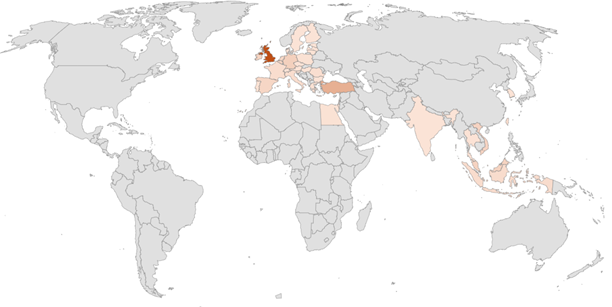
Ban
Under amendments to legislation on waste shipments, the EU banned the export of contaminated and highly mixed plastic waste (known as Y48) to non-OECD countries from 1 January 2021.
With the Brexit transition period having ended, any EU amendments now do not take effect in the UK. The UK has not introduced an outright ban on exports of Y48 to non-OECD countries.
Exports of Y48 to non-OECD countries from the UK are now subject to the procedure of prior written notification and consent. This means the waste can only be exported from the UK to non-OECD countries if the shipments have been approved by the regulator here and in the country of destination.
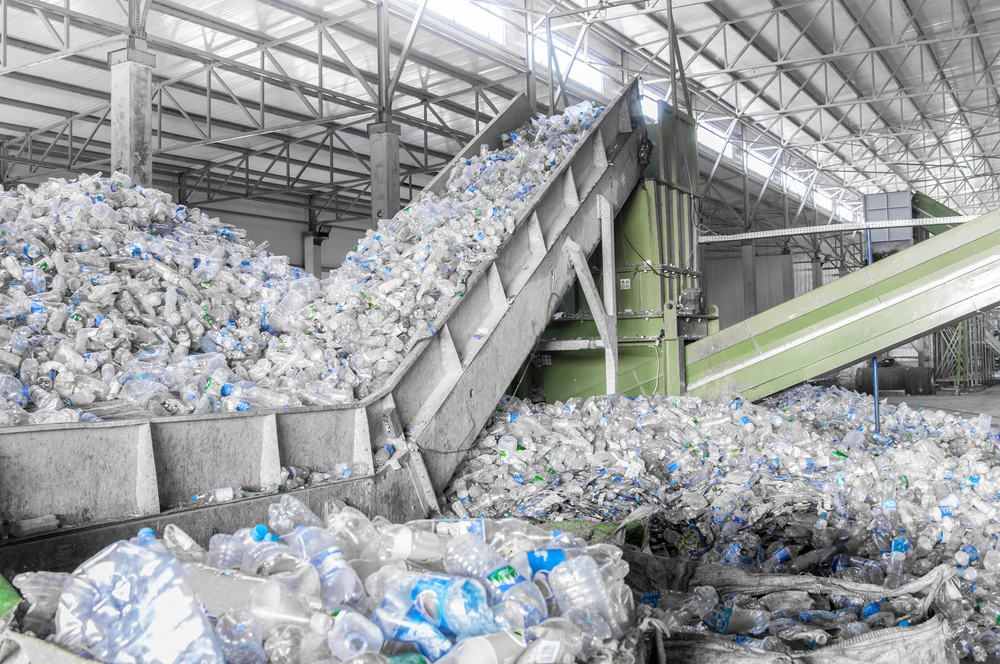
Expected
Recoup explained that ban on the export of waste from the UK to non-OECD countries is expected, being part of the Conservative party’s manifesto, but a consultation on this “did not materialise as expected in 2023”.
Whilst the non-OECD EU Member States are not included in the proposed ban (Malta, Croatia, Bulgaria and Romania), this still leaves around 140,000 tonnes of plastic exported that would need new receiving destinations, it added.
While Recoup acknowledged that “it is known that whilst countries seen in the news with poor quality waste management and incidences of illegal burning or burying of waste are more often non-OECD countries, there are high quality reprocessing facilities in a number of these countries”.
Equally, being an OECD country does not guarantee that all facilities and national waste and environmental policies are of a sufficient quality, it reasoned.




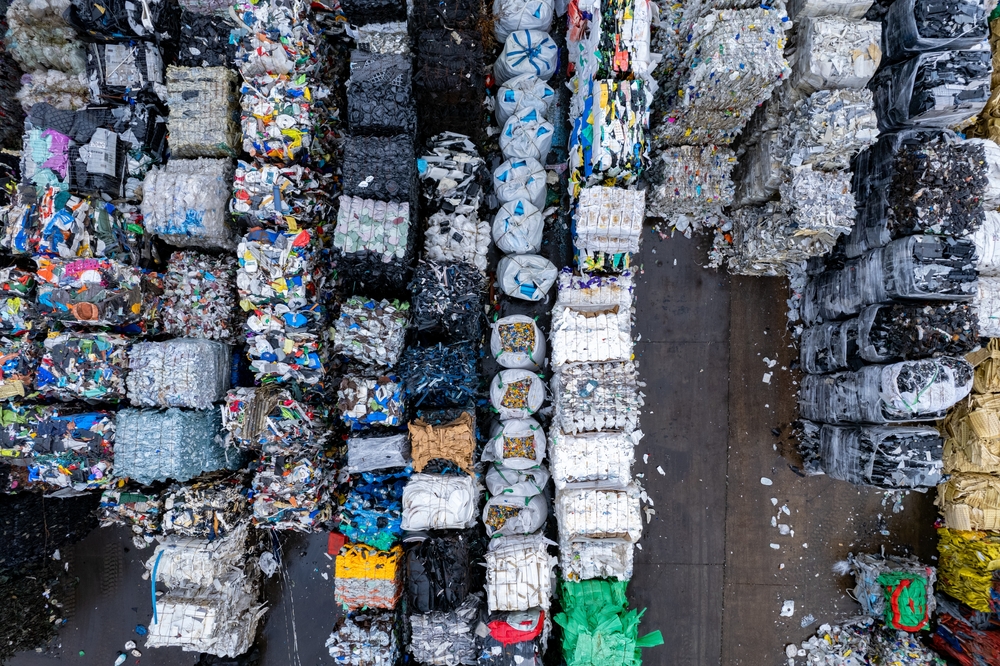

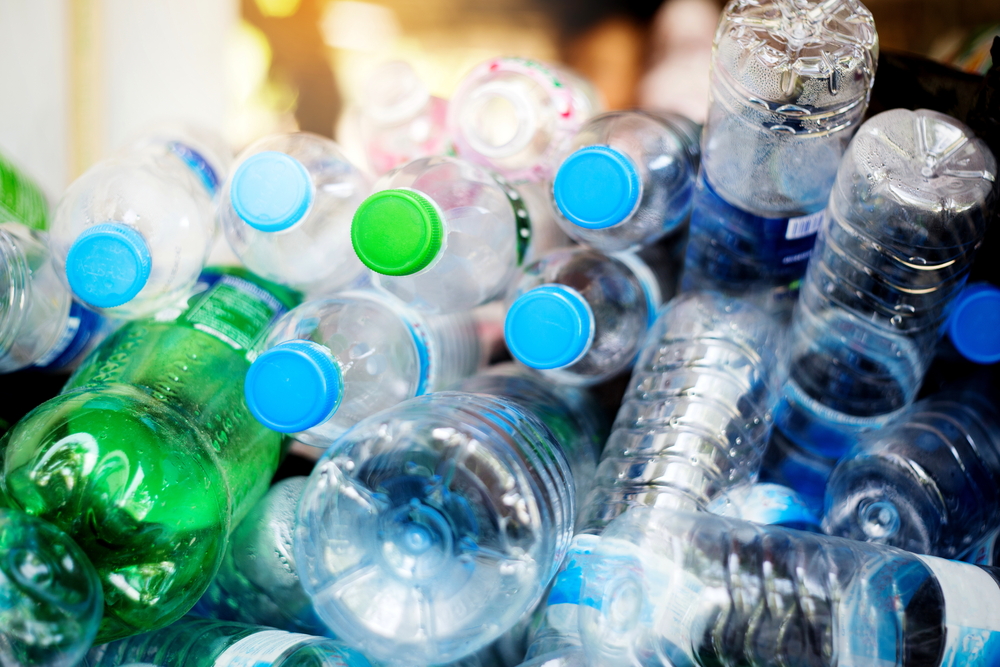

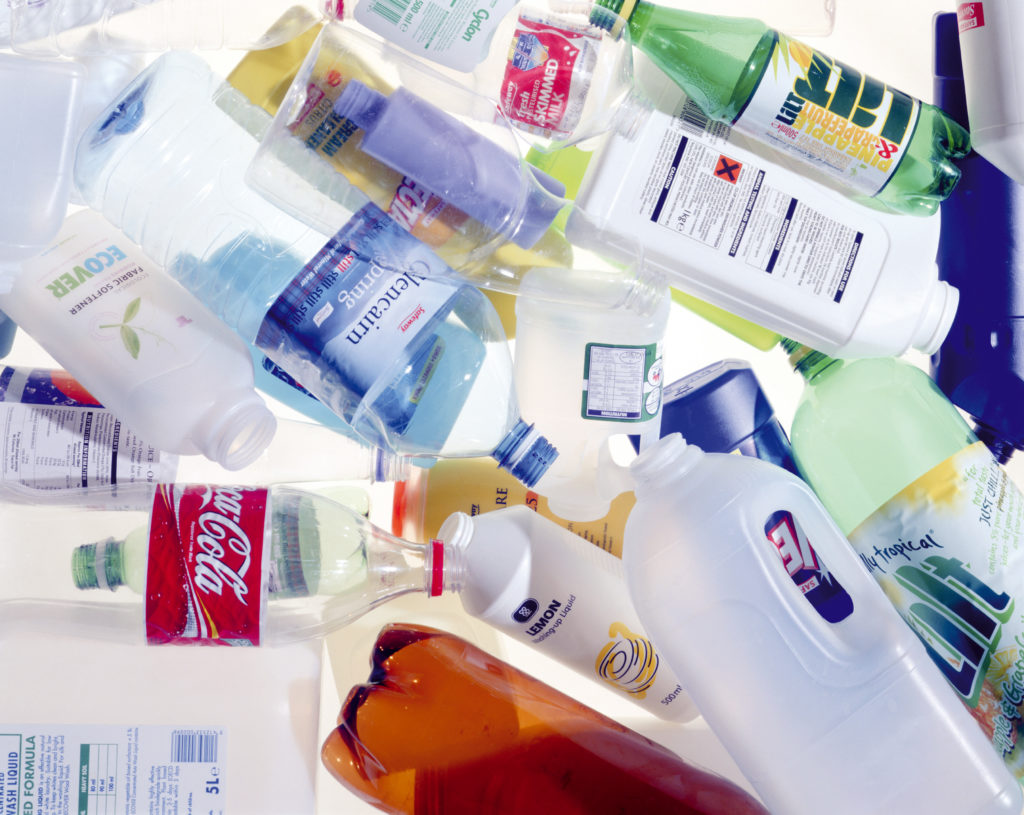

Subscribe for free